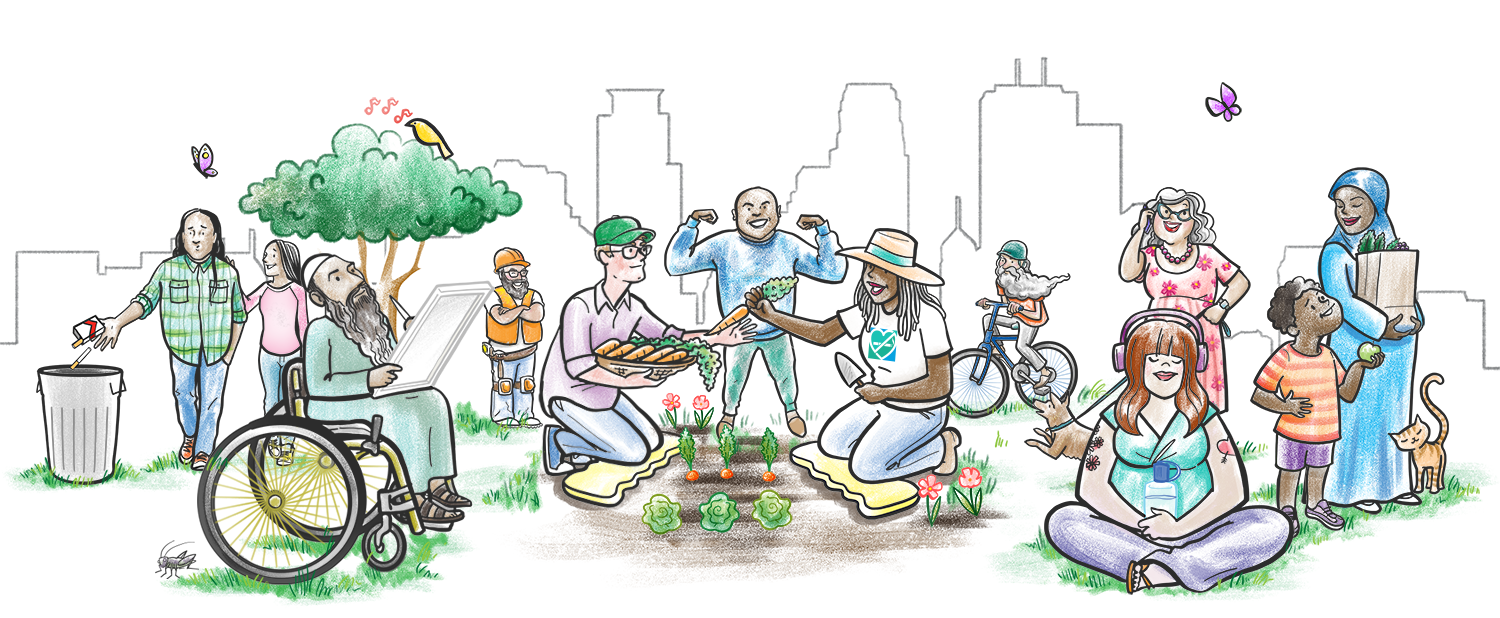
What we do:
The goal of our group is to improve behavioral health equity by designing and testing innovative behavioral treatments. We design clinical trials that take into account the dynamic interaction of mental health, physical health, and health behavior choices. We are particularly interested in providing these treatments in modalities and settings that increase access to behavioral health care for under-served communities.


